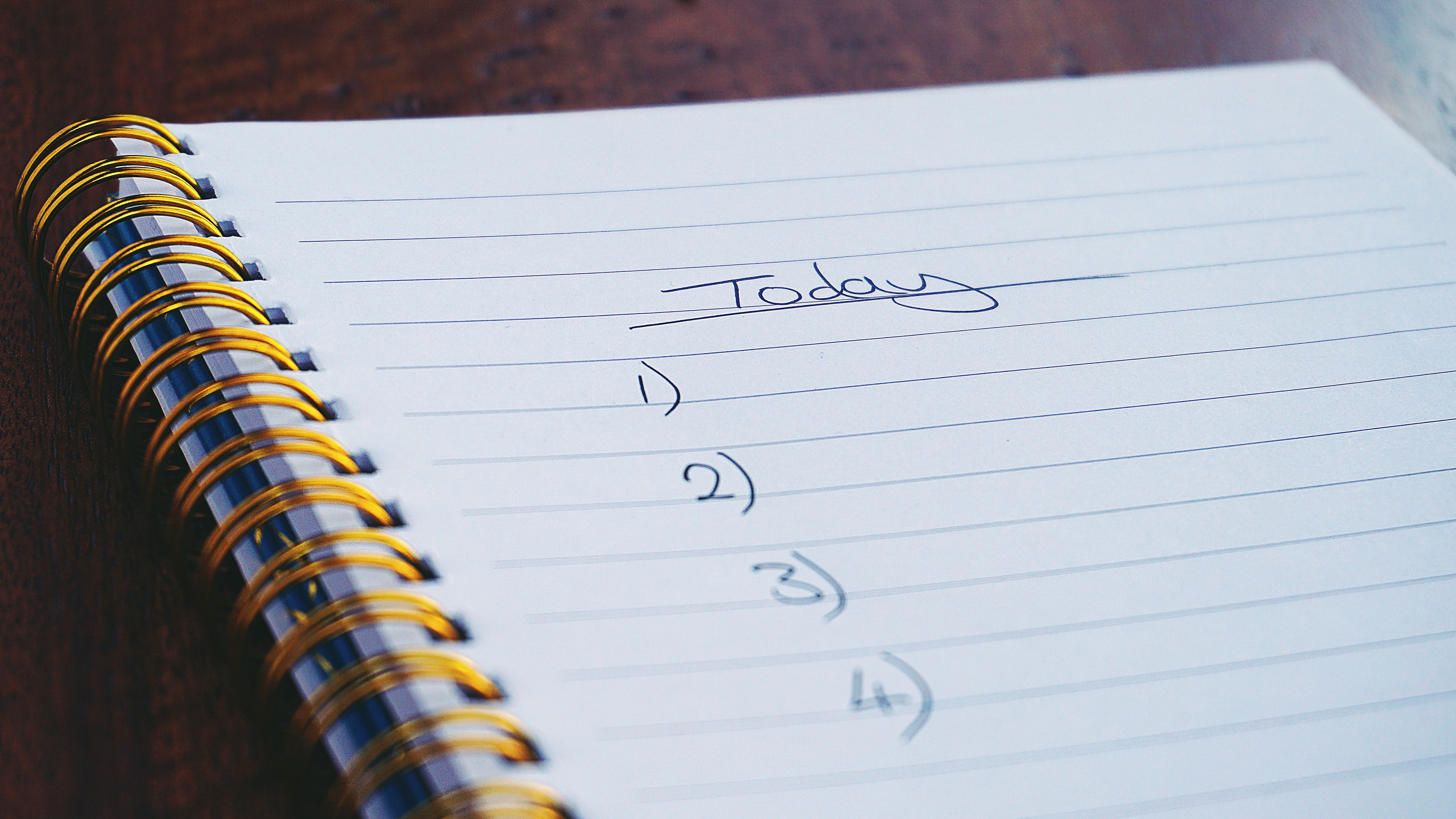Adequate sleep, regular exercise, balanced nutrition, meditation – you know what you need to do to fight chronic stress. All these things are probably on your to-do list but sometimes it seems like life always gets in the way.
Nevertheless, a less stressed life doesn’t require a complete lifestyle change. It doesn’t even required much time. Here are 5 things you can do right now to reduce the stressors in your life.
Reevaluate your app notifications.
It’s hard to de-stress and remain focused when your mobile device demands your attention every few minutes. Some notifications are time-sensitive – an emergency text from your significant other, for example. But you can certainly wait to see Becky’s latest dog picture on Instagram or that your plumber liked your Facebook update. These are alerts of a decidedly non-urgent nature.
Similarly, news app notifications are not only distractions but they usually serve only to deliver news that stresses you out more. If anything is important enough to warrant your immediate attention, you’ll hear about it through other media.
Right now: Go into your phone settings and disable notifications for your social media, news, and any other superfluous apps. At a minimum, disable sound notifications.
Bonus points: Update settings for your email and messaging apps so that you’re only notified for important messages. For example, you can probably set aside time each day to check your personal email and don’t need an alert for every amazon confirmation. Consider opting to only receive push notifications for work-related email.

Update your Do Not Disturb setting.
Like app notification management, maximizing your Do Not Disturb (DND) hours will help minimize the number of stressful digital interruptions throughout your day – and night.
First, if you don’t have scheduled Do Not Disturb hours on your phone, set them now. Nothing but the most urgent of calls should wake you up during your precious, stress-busting sleep time. You should have a bare minimum of 8 uninterrupted hours each day that are held sacred from digital interruptions.
Right now: Whatever the start time for your DND, move it one hour earlier. If this would interfere with your working hours then first, congratulations on avoiding notifications after work. You may instead set DND to end one hour later.
Bonus points: Enable blue light filtering on your phone between the hours of sunset to sunrise so that you’re doing less damage to your sleep cycle when you do grab your phone in the evening.
Meditate for 2 minutes.
The stress-dissolving benefits of meditation are too well documented to ignore. It’s understandable that you can’t commit to 20 minutes every morning when the kids are screaming to be fed and you’re already late for work, but can you spend two minutes in the bathroom?
Your desk at work or a comfy chair at home is obviously the preferred choice for a mini meditation break, if there’s a chance you’ll be interrupted, don’t hesitate to hide in a bathroom stall.
Right now: Set a timer for 2 minutes, close your eyes, take a couple of deep breaths from your belly, and then continue breathing normally. During the rest of the two minutes, focus your attention on your breath. Feel the air going in and out of your nostrils. Feel your belly expanding and contracting; your chest rising and falling. Your mind will wander because that’s what minds do. If you catch yourself thinking about something else, just return your focus to your breath. Voila, you’re meditating. Repeat as needed until people become concerned about the frequency of your bathroom visits.
Bonus points: Schedule a 5-minute meditation break daily during lunch, on the morning train, or just sitting in the car in your driveway between commute and home.

Stretch.
You know that yoga would help reduce your stress levels but who has time – or money – for a class? Not to mention being surrounded by skinny, bendy yoga pros or shelling out for all that lulemon. You don’t need to be a yogi to reap some of the health benefits of yoga right now.
Stretch. That’s it. Pretty simple, right? So do it.
Right Now: Stretch.
- Slowly circle your head to stretch your neck muscles.
- Stand up, raise your arms over your head and reach towards the ceiling. Really reach.
- Keep your arms reaching over your head and bend as far to the right as you can. Try to avoid pointing your chest towards the floor. Now reach and bend towards the left.
- Lean forward as far as you can while keeping your back straight. Hold for a breath.
- Bend over all the way and let your head and arms dangle. Savor the stretch in your hamstrings.
Bonus points: Repeat one of these stretches whenever you’re standing at the copier or invent your own routine for each time you start a new episode on netflix. Set a timer on your phone to remind yourself to stretch every few hours or at a certain time in the afternoon.
Write a to-do list.
Do you feel overwhelmed by the number of tasks you need to complete? Are you distracted by a nagging fear you may forget to do something important? Are your thoughts constantly turning to what you need to accomplish next? Remove distractions and improve your focus by shifting that list of tasks from the back of your mind to a piece of paper.
Studies suggest that the physical act of writing can increase the mental benefits of this exercise so pen to paper are ideal – plus you get the satisfaction of physically crossing items off the list. Alternatively, pull up a google doc, a draft email, or your favorite note taking app.
Right now: Whatever your medium, do a complete brain dump of everything that’s begging for your attention from picking up the kids in 30 minutes to finishing that work project. Keep your list handy to jot down any new tasks that come up. Once everything you need to do is documented in one place, it will feel more manageable.
Bonus points: You may find it helpful to categorize your list by things that need to be accomplished today, this week, or longer-term. Consider breaking any big projects into smaller tasks that you can more easily cross off the list to see progress.

Little changes add up.
Nothing on this list takes more than five minutes from start to finish yet each of them can make a positive impact on your day-to-day stress levels and focus. Eventually, You might discover you’ve made the lifestyle change you didn’t think you had time for.


